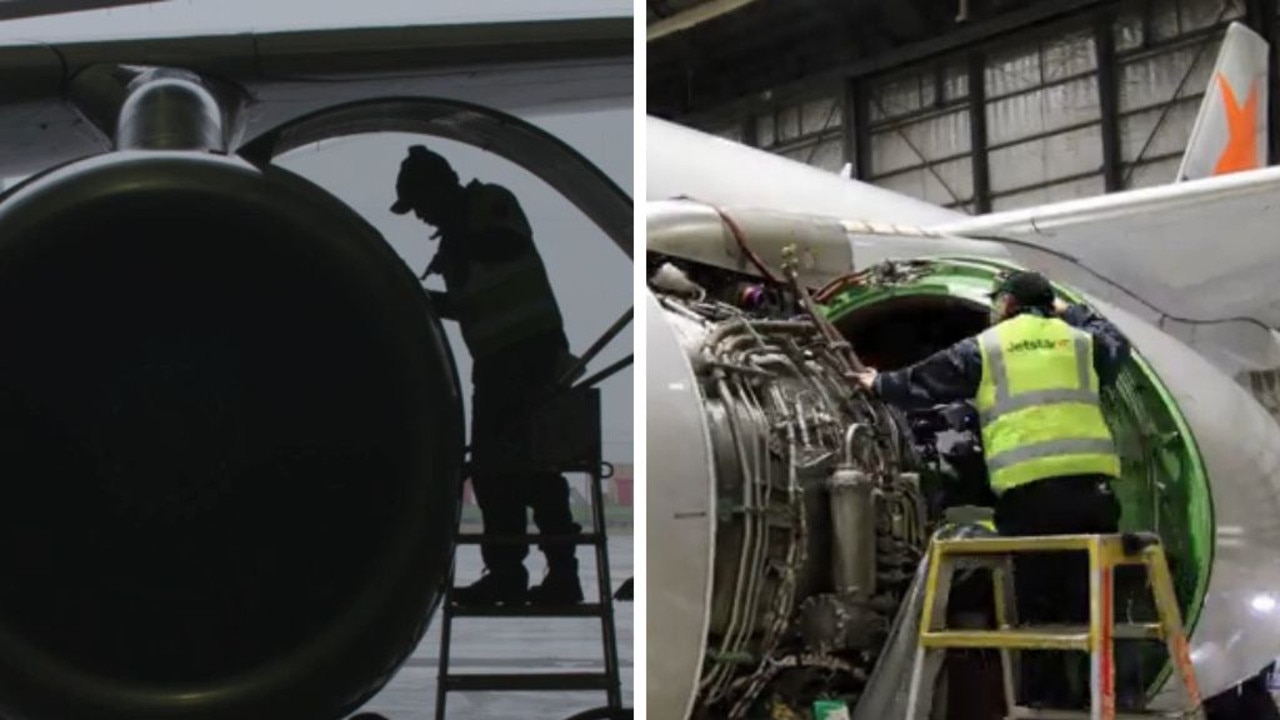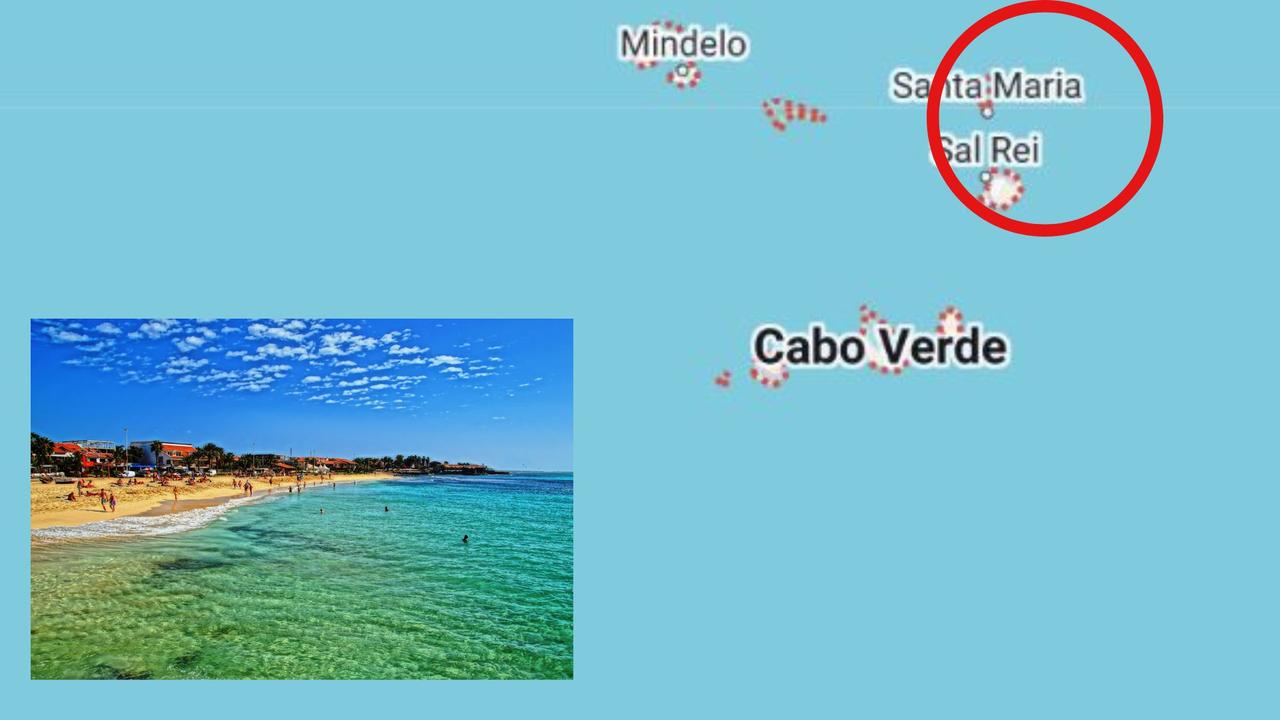SA borders: How ‘grossly unfair’ cluster response will damage tourism
As an outbreak in South Australia has the country on edge, some fear the reaction to the new COVID cluster may have much bigger consequences.
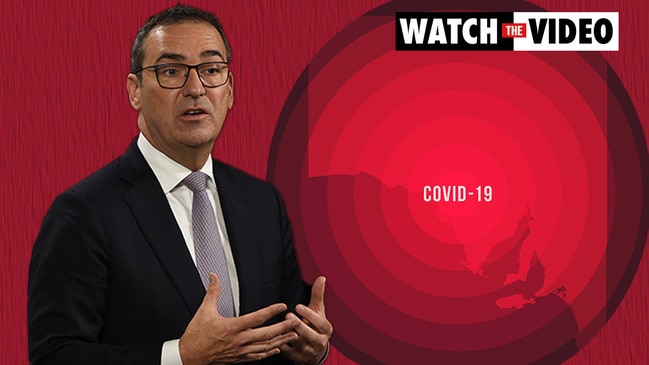
Two steps forward, one step back. That’s the path some experts feel the tourism industry is taking in Australia as state and territory borders swiftly respond to the country’s latest coronavirus outbreak.
Within hours of South Australia reporting three cases on Sunday afternoon, Western Australia shut up shop to the entire state – including passengers who were already mid-air on their way from Adelaide to Perth.
Within 12 hours – and 18 cases later – the Northern Territory followed suit. By day’s end, Queensland had hardened its border with Adelaide, while Tasmania demanded anyone who had crossed borders since November 8 go into mandatory quarantine.
Australia’s strategy of opening and closing borders when outbreaks explode has a mixed wrap. Sure, it keeps the virus contained – but at what cost?
Tourism, airline and small business owners say the sporadic opening and closing of a border is creating ongoing damage to the industry – and crushing the already low level of consumer confidence towards interstate travel.
RELATED: More states close to South Australia as outbreak explodes
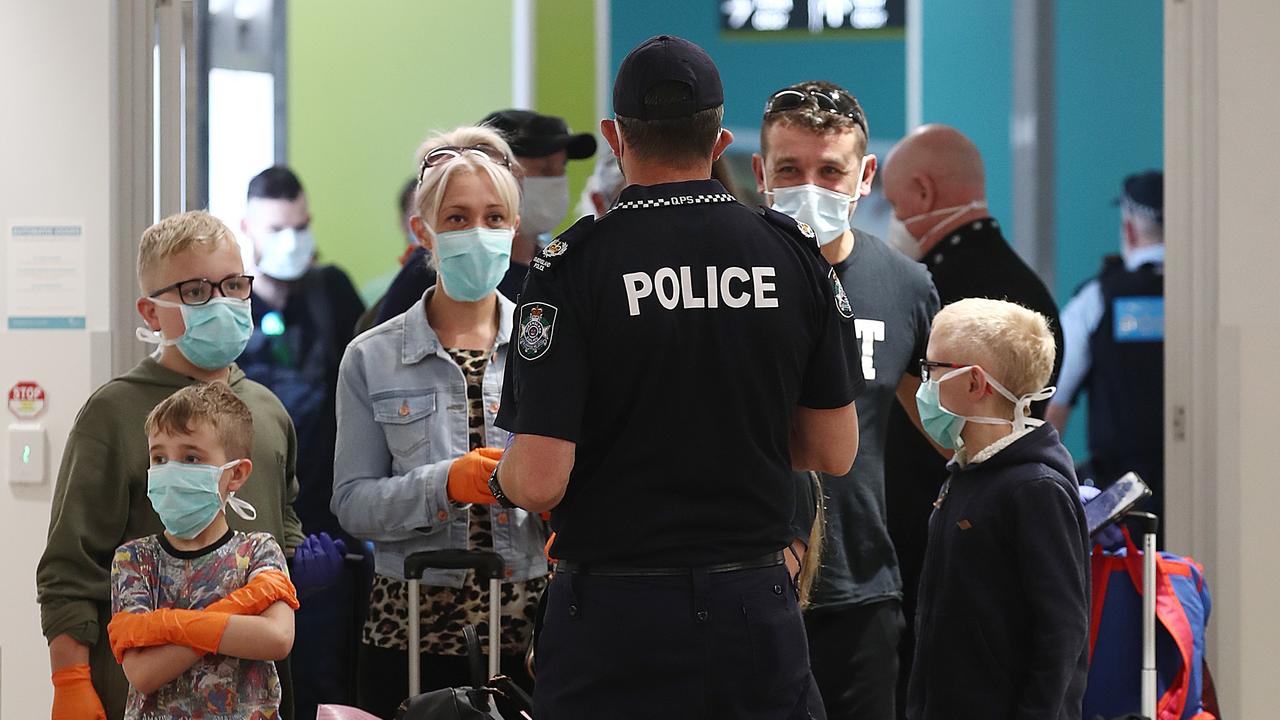
RELATED: Follow our live coverage of the SA coronavirus crisis
Qantas boss Alan Joyce has been a leading advocate for consistency when it comes to keeping state and territory borders open. He said the “ad hoc” closures have been in part to blame for the airline’s continued blow to earnings.
In October, the airline announced it had suffered a $100 million hit to its first quarter earnings after several states closed their borders in July in response to Victoria’s coronavirus outbreak. By Christmas, he had expected domestic services to be operating at 60 per cent of pre-COVID levels. But with the new South Australian outbreak, and subsequent reaction, ease and ability to travel around the country has again been thrown back into limbo.
Speaking at the airline’s 100th anniversary event on Monday, Mr Joyce called for “a standard approach” when it comes to tampering with borders.
“We know that health concerns have to be the top of the list, but we also know that it’s going to be a while before a vaccine is rolled out and we have to live with this virus while it’s there,” he said.
“It seems like in some of the borders we have zero tolerance for any cases occurring before the borders are closed again.
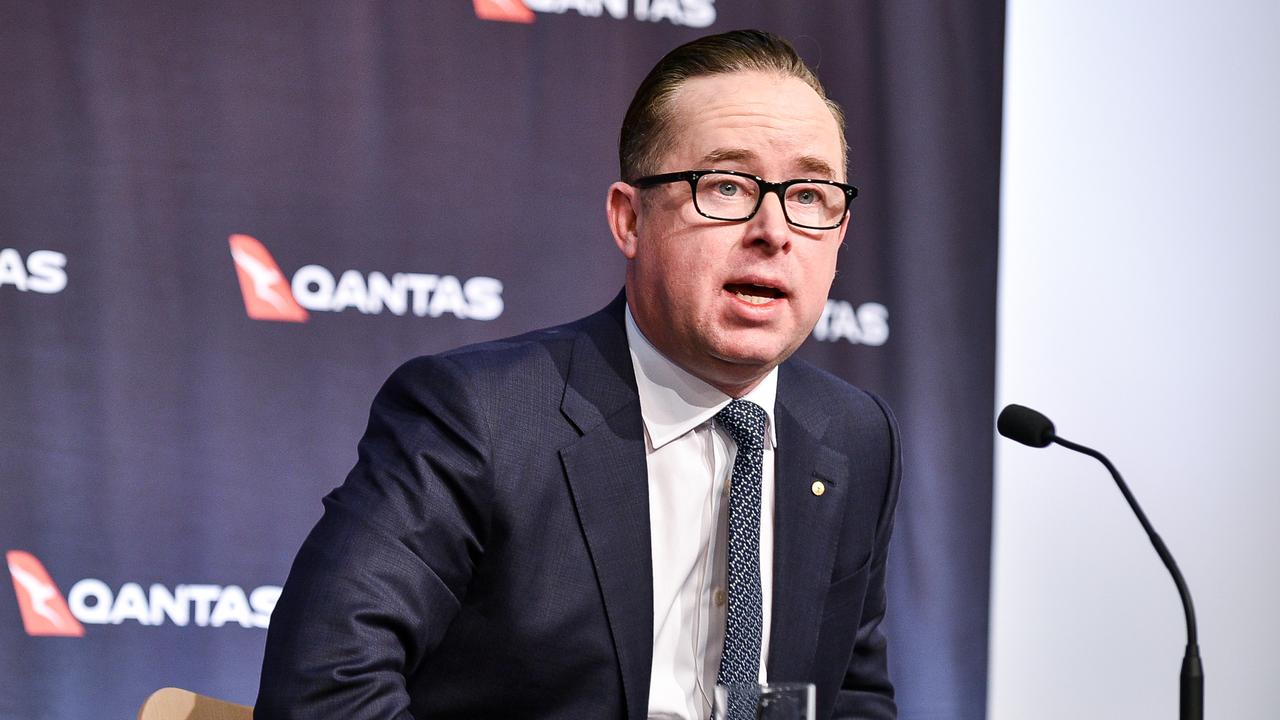
“We need, I think, a standard approach across the country about what are the levels when border do open and when they do close, instead of having these ad hoc rules across the country when everybody’s taken a different approach on it.
“We’ll have to learn to live with this virus and using tracking and tracing in the various states which has been very effective has to be the way to manage this going forward.”
Tourism Professor Bruce Prideaux from Central Queensland University said that at face value the restrictions do seem “over the top”, especially for people who have been forced into last-minute quarantine, or had travel plans deferred or cancelled. But he said the scars from Victoria’s second wave are still fresh in our memory, and so there’s no surprise leaders are taking swift responses and shutting down.
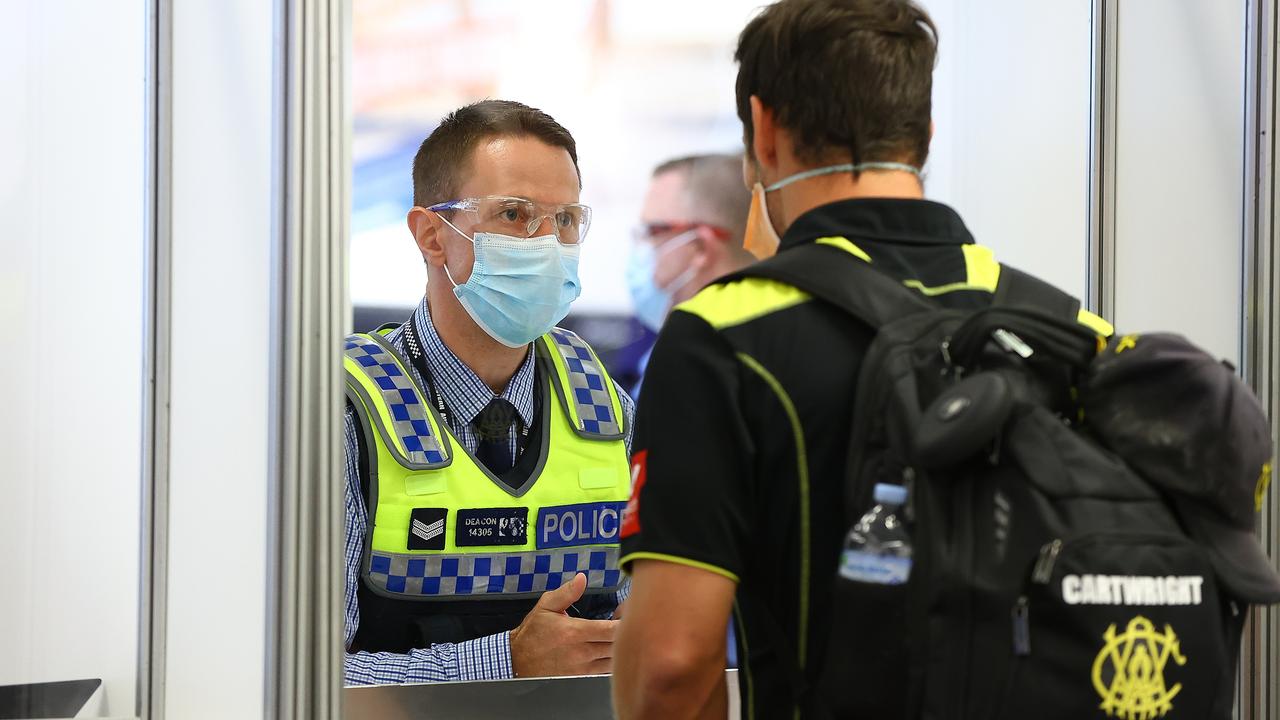
“The wait-and-see attitude before responding along with giving into pressure to reopen quickly to save jobs are two of the defining characteristics of the most recent resurgence of the coronavirus in Europe,” he told news.com.au.
“That has to be balanced against the very infectious nature of the coronavirus and its ability to spread rapidly even from a single infection. The circumstances in Adelaide have many of the same characteristics as the earlier second wave in Melbourne. Chance plays a large role in the pathway of transmission and the number of people who become infected.
Prof Prideaux said the adoption of a “go hard, go fast policy” in South Australia, with states and territories closing their borders, “is an appropriate response”. While frustrating, he believes Australians should still be looking at intrastate over interstate travel “until the threat of sudden lockdowns is removed”.
“This [interstate travel security] will not occur until a significant percentage of the population is vaccinated. That might take another year depending on the date that candidate vaccines are approved for use, the level of vaccination able to be achieved and the level of effectiveness of vaccines.”
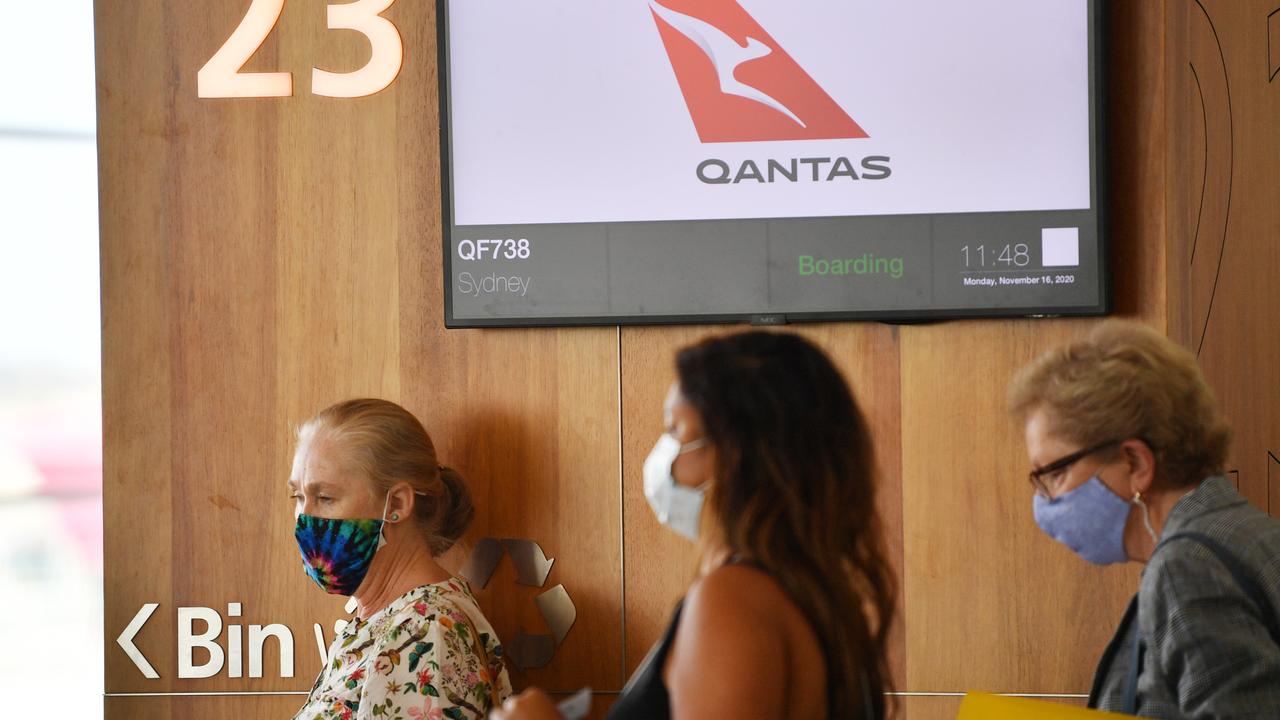
Dr David Beirman, a senior lecturer in tourism from the University of Technology Sydney, said that if state and territory leaders continue to make snap decisions surrounding borders, they may need to step in again and cover the costs of quarantine requirements.
“There was a story of passengers on an Adelaide to Perth flight being advised of the rule change in mid-flight,” he said.
“Quite frankly, in cases of this sort (which involve relatively few people) I think that the WA Government should pay the quarantine costs for those South Australian passengers. They left Adelaide with one set of rules in place and arrived in Perth to a changed set of rules.
“Expectation that those passengers have to bear the quarantine costs is grossly unfair.”
Premier Gladys Berejiklian, one of the few state leaders who didn’t alter border restrictions in response to the South Australian outbreak, said opening and closing was no way forward.
“We need to learn to live with COVID,” Ms Berejiklian said on Monday.
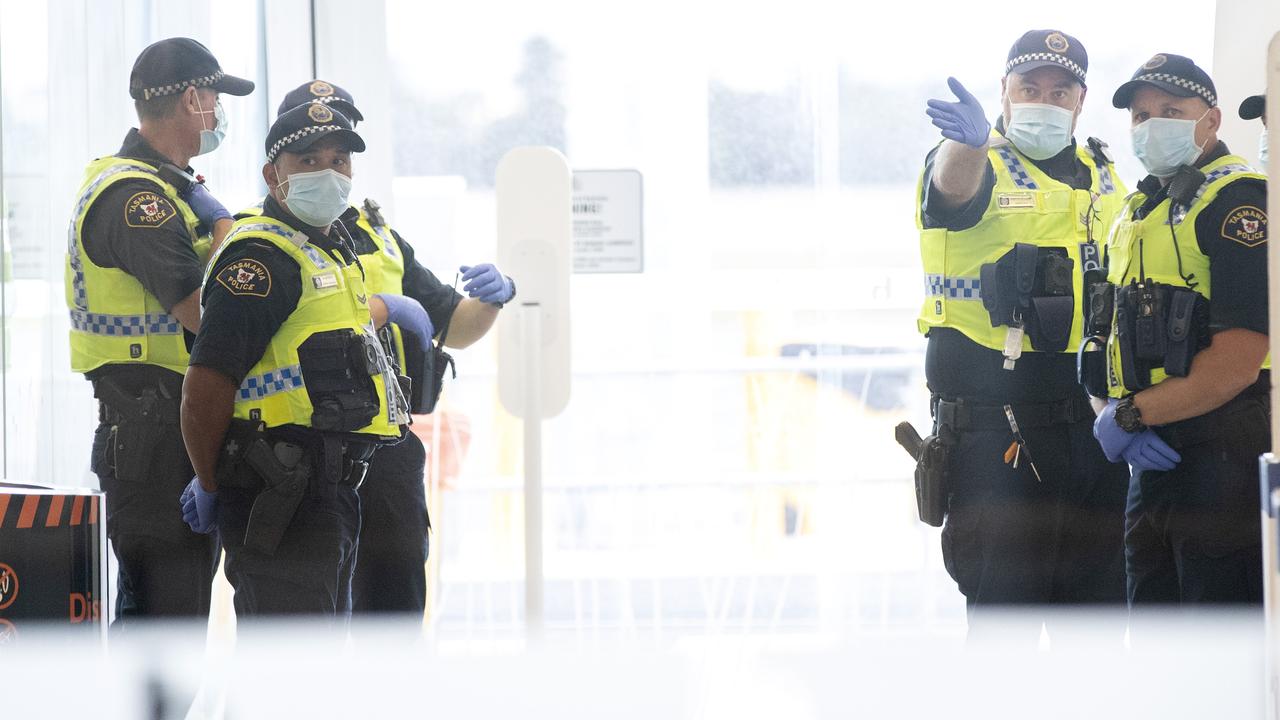
“You can’t shut down borders and disrupt lives every time there is an outbreak and disrupt businesses. We need to have confidence, not just in our own system, but the system in other states to be able to get on top of the virus.”
Dr Beirman said that the responses to the pandemic, and giving Australians next to no notice about border closures, will likely continue “until a vaccine is in place globally” putting a great strain on consumer confidence as the travel industry finds its feet after a turbulent year.
“Australia has done incredibly well in containing this global pandemic but we clearly can’t let our guard down,” he said.
“Based on [the South Australian outbreak] the Prime Minister’s hope for open borders within Australia by Christmas is a worthy aspiration but punters would not be well advised to put money on it.
“As more stranded Aussies return home, the greater the likelihood a few of them
may bring COVID-19 with them.”


